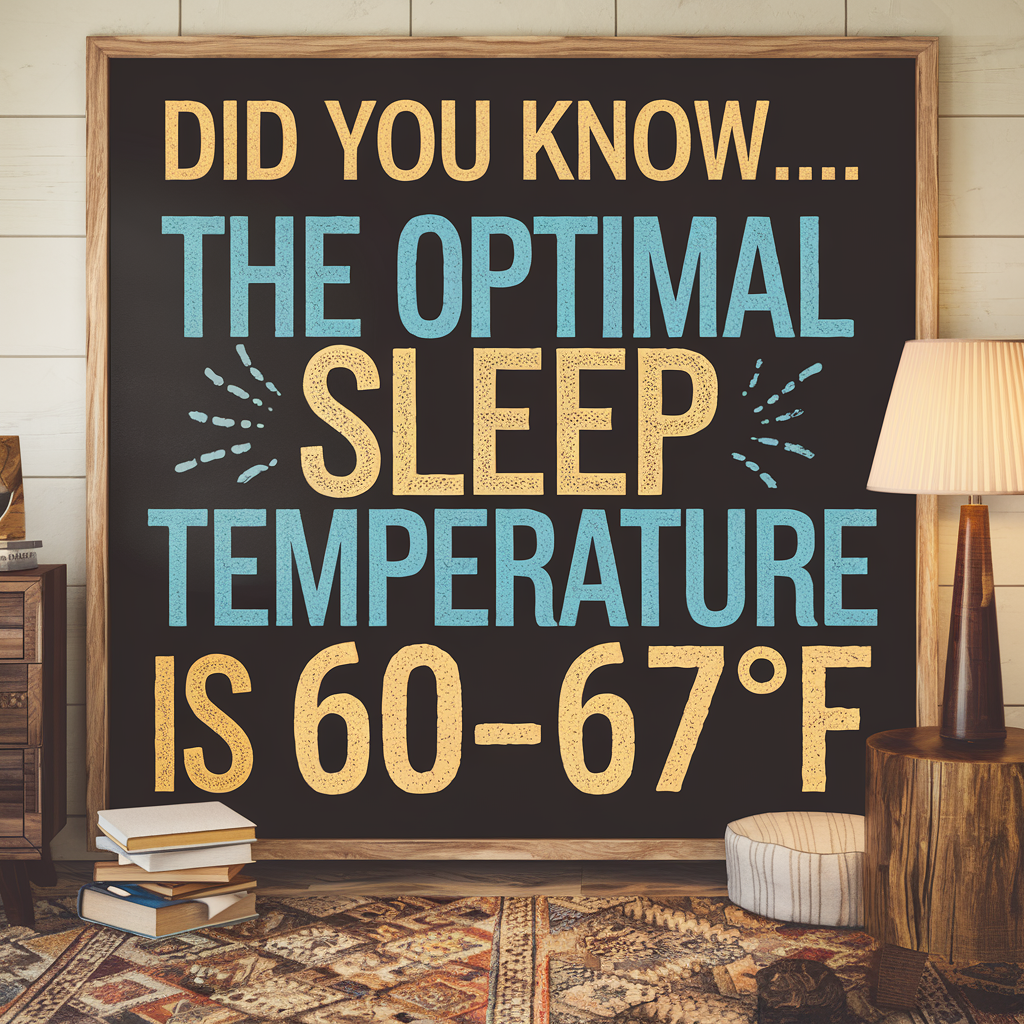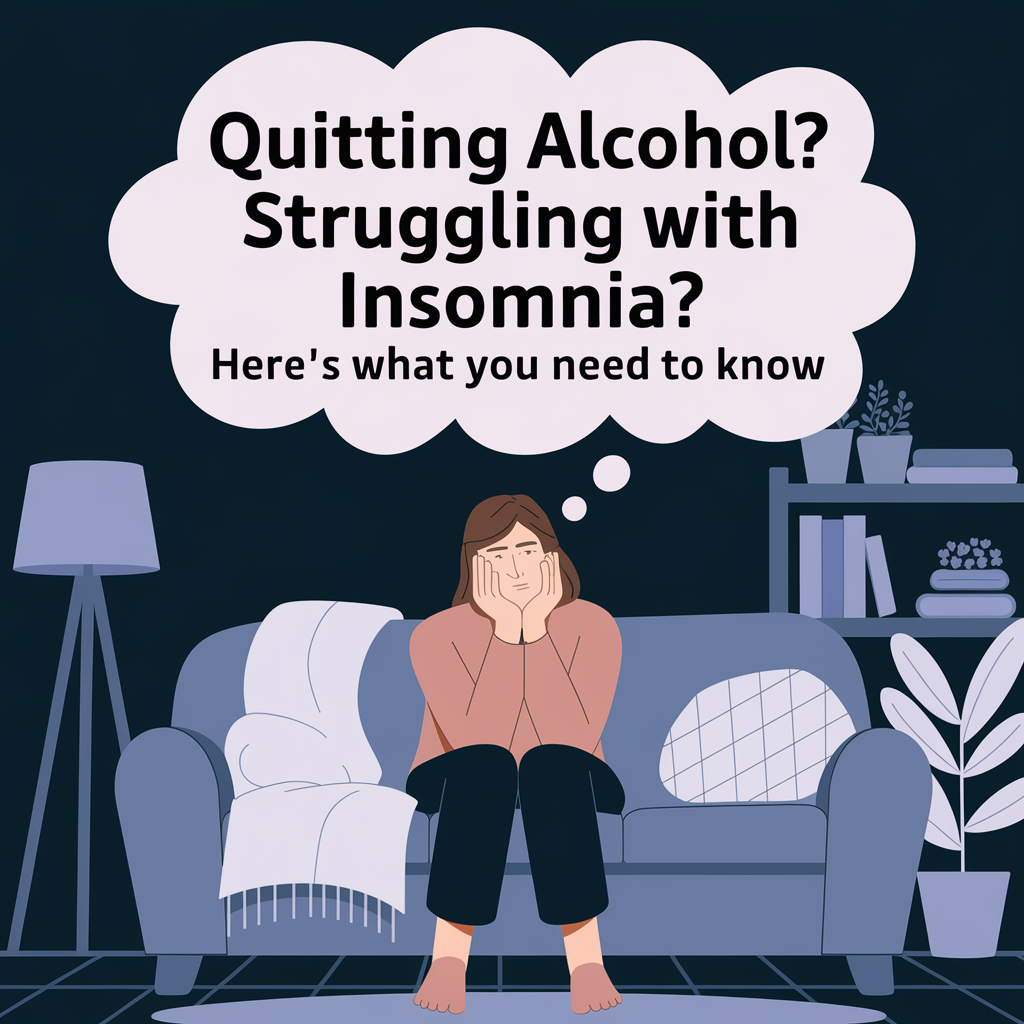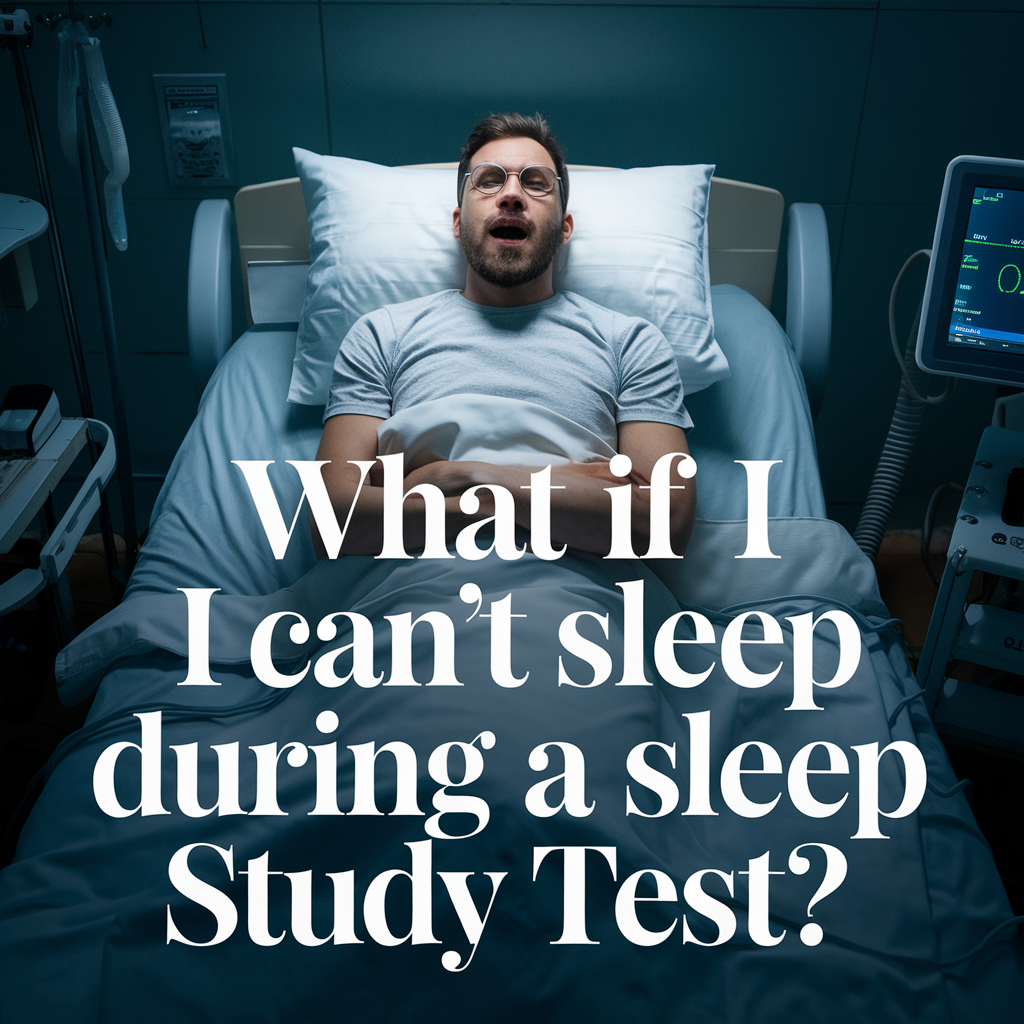
Can’t Sleep? I Know The Feeling, But During A Sleep Study Test – Even Worse!
I remember feeling pretty anxious the night before my first sleep study. I knew it was important for figuring out why I wasn’t sleeping well, but the thought of being hooked up to monitors and trying to sleep in a strange place was overwhelming. My biggest fear was, “What if I can’t sleep during the sleep study?”
It’s a common worry for many people. After all, sleep studies are done to diagnose issues like sleep apnea or insomnia, but what happens if you don’t fall asleep at all? The good news is, you’re not alone if you feel this way. I had the same thoughts going in, but there are ways to handle it, and even if you don’t sleep as well as you normally do, the study can still provide valuable insights.

If you’re preparing for a sleep study, it’s helpful to know that there are specific ways to get the most out of it, from understanding how it works to learning about things like the best sleep positions for managing sleep apnea. Getting informed helped ease my mind going into the test, and it can help you too.
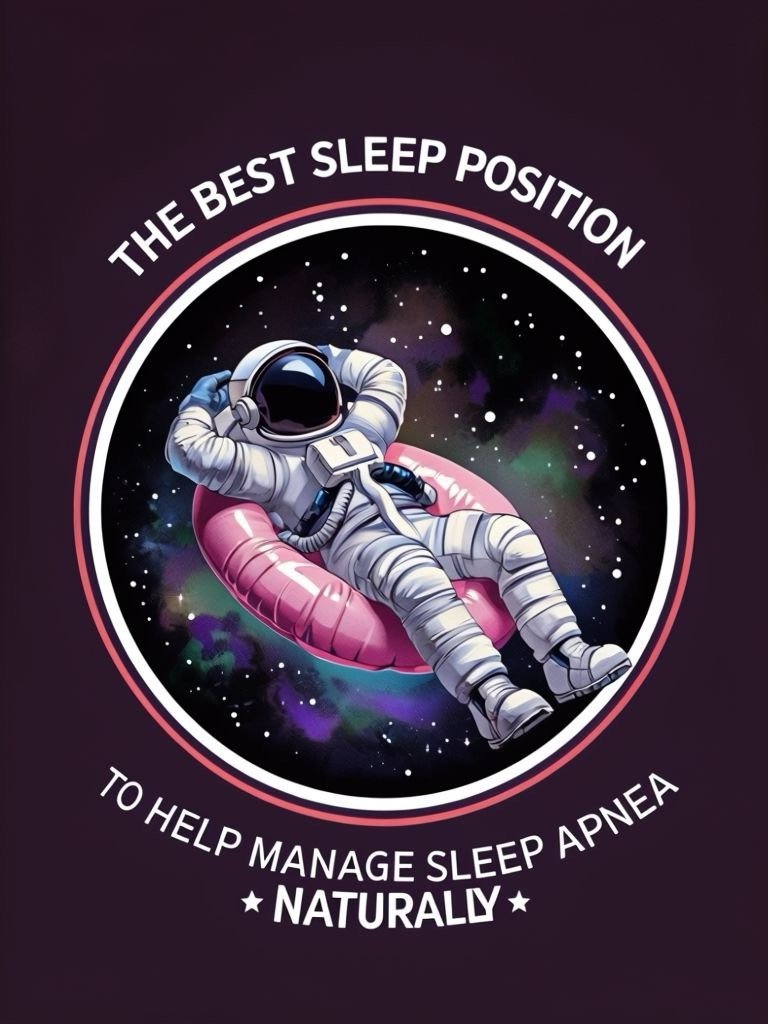
Is It Normal to Not Sleep During a Sleep Study?
Going into my sleep study, I couldn’t help but think, “What if I don’t fall asleep at all?” Lying in a bed that wasn’t mine, with wires attached to my head and body, and the knowledge that someone was watching, made it hard to relax. It’s completely normal to feel this way.
Many people struggle to sleep during a sleep study because of the unfamiliar environment, the anxiety of being monitored, or just the pressure of knowing you’re there to sleep. The thing is, the specialists conducting the study know that it’s not easy for most people. In fact, they expect it. You don’t have to worry about falling asleep perfectly for the test to be successful.
The sleep specialists can still gather valuable data, even if you don’t sleep as deeply or for as long as you would at home. For instance, I barely slept more than a few hours, but it was enough to provide the necessary information about my sleep patterns and help with my diagnosis. They’re used to this and understand how to work with whatever sleep you do get.
It also helps to understand the value of the test itself, even if it feels a bit uncomfortable at first. If you’re worried about whether it’s worth the effort, this guide on sleep study costs and benefits gives a great breakdown of why these studies are so important and what you can gain from them.
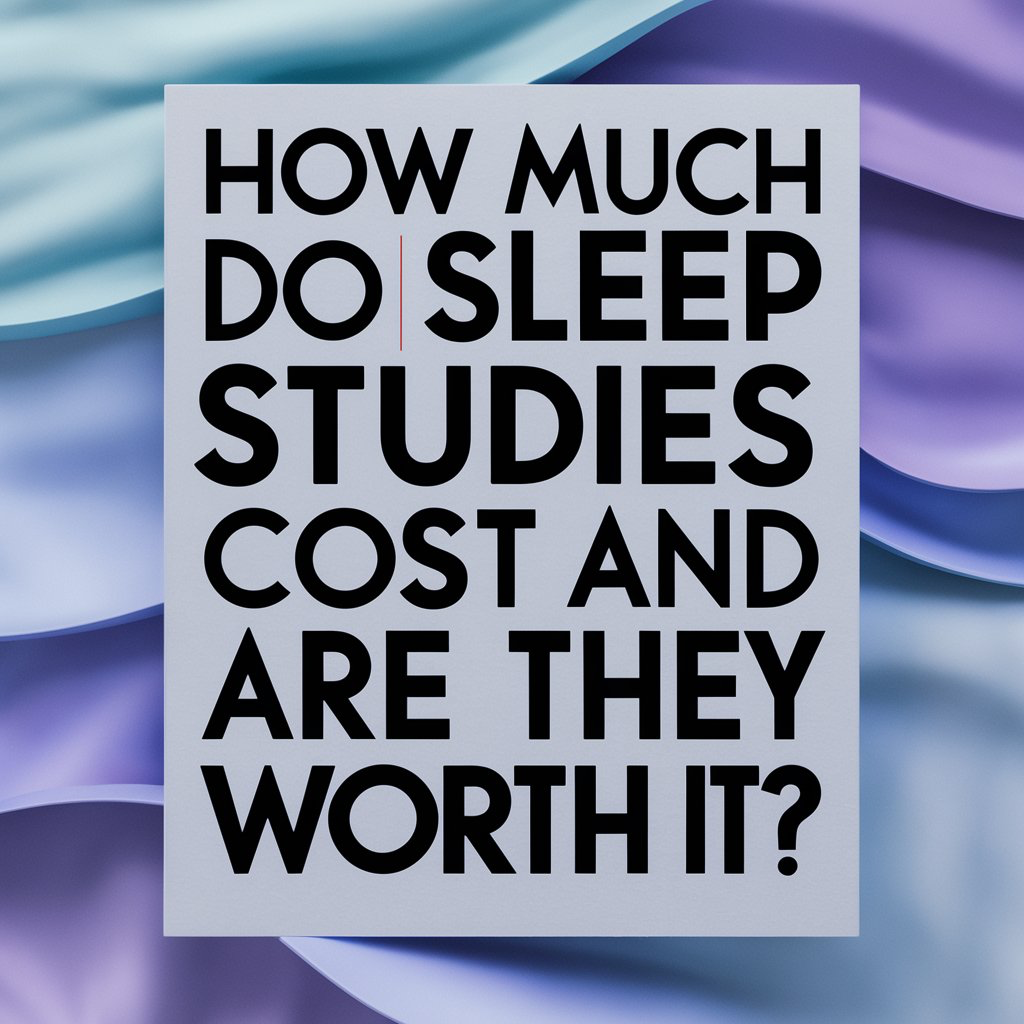
What to Do If You Can’t Sleep During a Sleep Study?
If you find yourself lying awake during a sleep study, trust me, you’re not alone. When I was in the sleep lab, the more I tried to force myself to sleep, the harder it became. The room felt too cold, the bed wasn’t mine, and I couldn’t stop thinking about all the wires attached to me. It’s frustrating, but there are some things you can try to help calm your mind and body.
One of the first things I did was ask if they could adjust the room temperature. A small change like that can make a big difference when you’re uncomfortable. I also tried deep breathing exercises to relax my body. Focusing on slow, steady breaths helped distract me from the environment. Progressive muscle relaxation is another technique I tried, where you tense and then relax each muscle group from your toes up to your head. It’s a great way to release tension and help your body settle down.
Another tip I found useful was to bring a little piece of home with me. Whether it’s your own pillow, a favorite blanket, or even a sleep mask, these familiar items can make the room feel less foreign. If you find yourself staring at the ceiling, don’t panic—sometimes just shifting your focus to calming techniques can help sleep come more naturally.
For more specific strategies to fall asleep quickly, this quick fix for insomnia offers some practical tips you can try, both during the sleep study and in your everyday life.
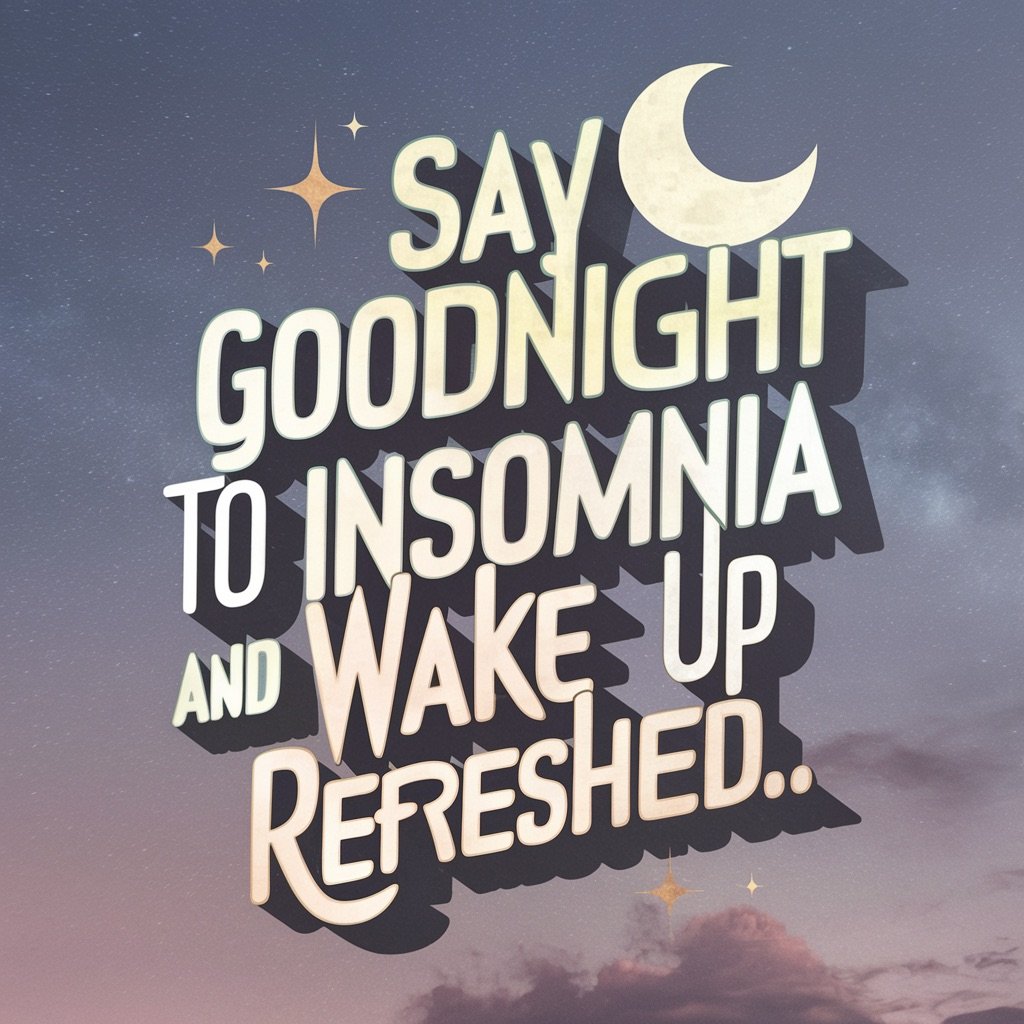
Can I Take Anything to Help Me Sleep During a Sleep Study?
This was one of the first questions I asked before my sleep study: “Can I take something to help me sleep?” I was worried that if I couldn’t fall asleep, the whole test would be a waste of time. The answer, though, is a bit tricky—it depends on what your sleep specialist recommends.
Generally, sleep clinics prefer that you don’t take any medications or sleep aids unless they’ve been specifically approved. The reason is simple: certain medications can affect your sleep patterns and interfere with the results of the study. If the goal is to get an accurate read on how you sleep naturally, taking a sleeping pill could mask the real issues, whether it’s insomnia, sleep apnea, or something else.
That said, if you’ve been prescribed medication for sleep or anxiety, it’s important to ask your doctor before the study if you can continue taking it that night. Some clinics allow it under specific circumstances, but it’s always best to ask first. If you’re looking for more natural ways to relax, you could try herbal teas or calming techniques like mindfulness to help you drift off.
For anyone dealing with insomnia triggered by medication, like antidepressants, this article on Zoloft and insomnia is helpful in understanding how medications can affect sleep, and how to manage it.
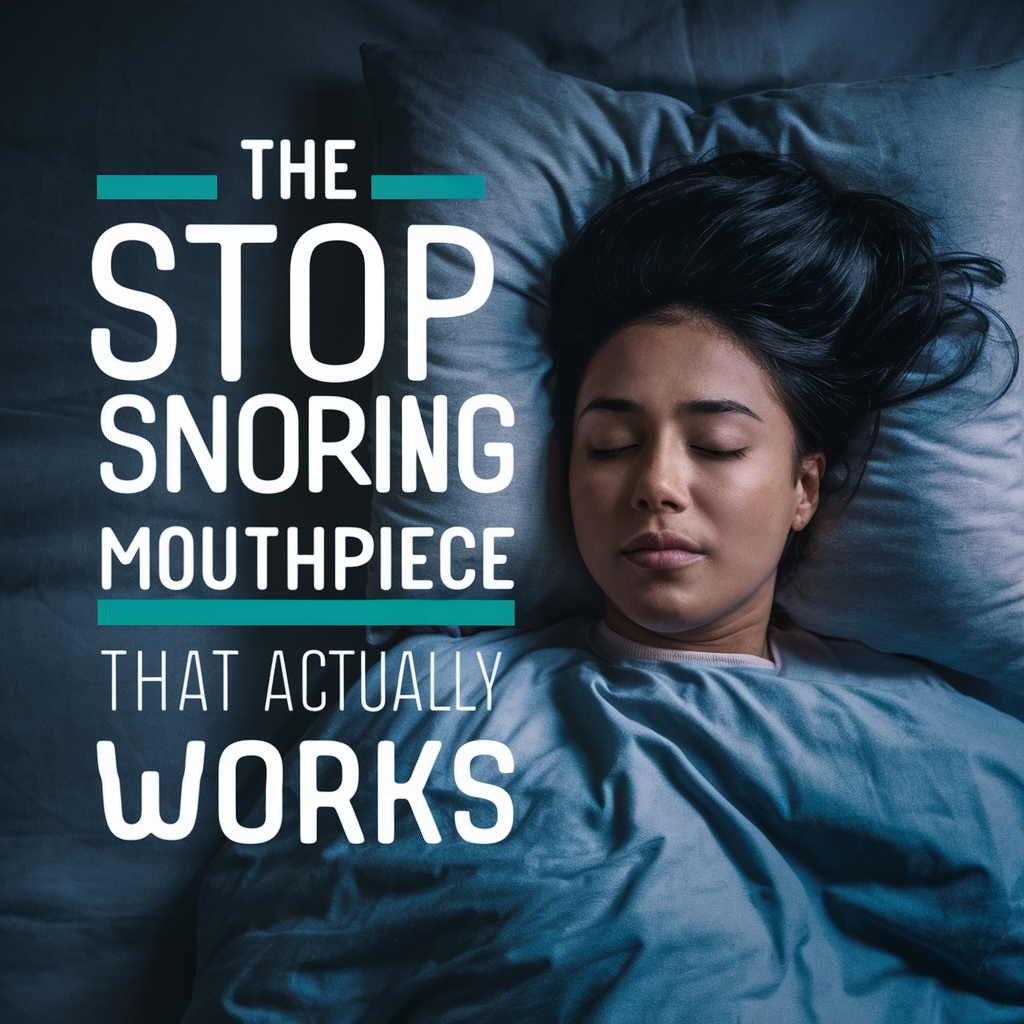
What Makes You Fail a Sleep Study Test?
One of the things that kept running through my mind was, “What if I fail the sleep study?” The truth is, there’s no such thing as failing a sleep study. It’s not a pass-or-fail test, and it’s actually pretty common for people to struggle with sleep during the study. The specialists conducting the test know that it’s tough to fall asleep in a strange environment, and they take that into account.
The goal of a sleep study is to gather data on your sleep patterns, and even if you don’t get a full night’s rest, the study can still provide valuable insights. I didn’t sleep as long as I would have at home, but it was enough for them to see patterns in my breathing and movement. They only need a few hours of sleep to gather the information they need to help with a diagnosis.
If you’re worried about not sleeping enough, it’s important to remember that sleep technicians are trained to work with whatever sleep you do get. The study is about quality, not quantity. Plus, if the results aren’t conclusive, your doctor may recommend additional testing, but not getting enough sleep won’t be seen as a failure. It’s all part of the process.
If you’re still feeling anxious about the study, learning more about how to prepare and what to expect can help ease your mind. This guide on sleep study costs and benefits offers insight into why sleep studies are so valuable, even if everything doesn’t go perfectly.
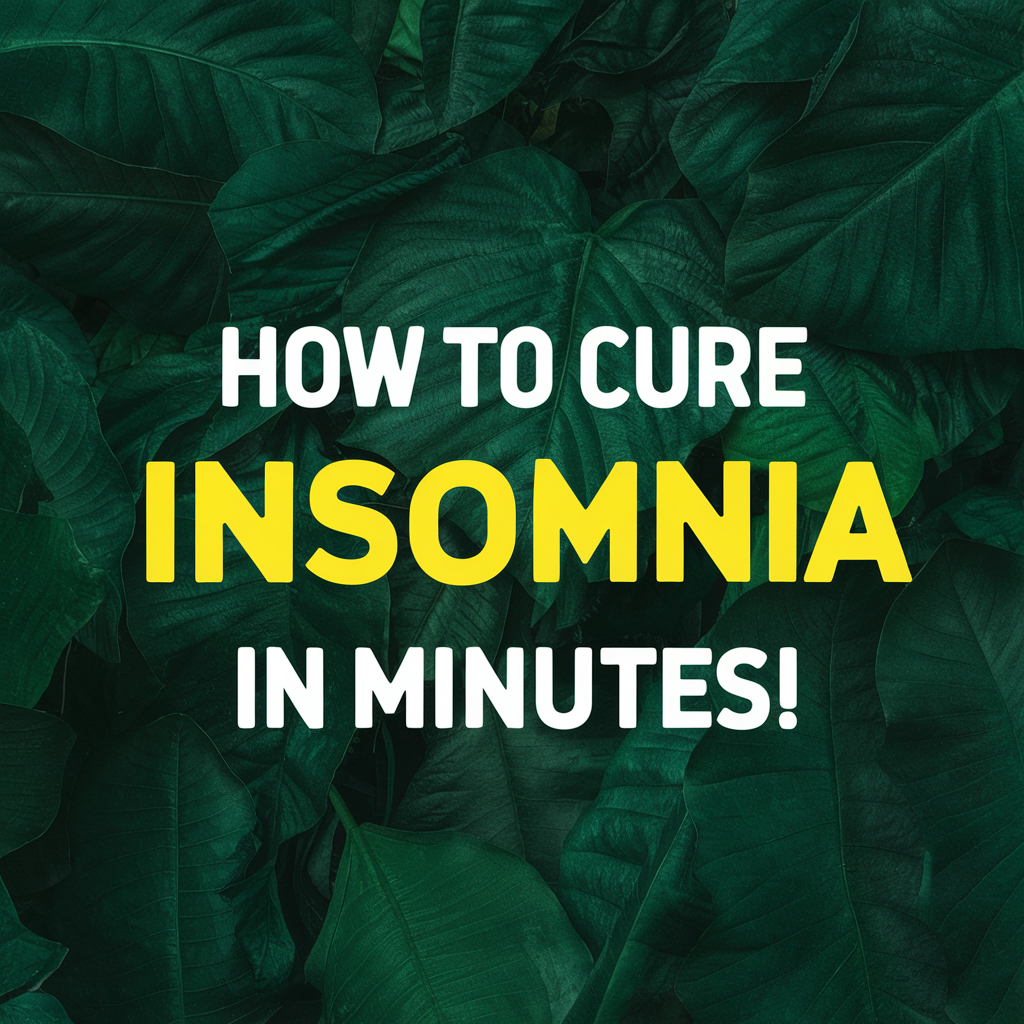
How to Prepare for a Sleep Study
Preparing for a sleep study might feel a little overwhelming, especially if you’re not sure what to expect. I remember feeling nervous about the whole process, but a few simple steps helped ease some of that anxiety and made the experience smoother. Here’s what worked for me, and what can help you get ready for your sleep study.
First, bring something from home that makes you comfortable—whether it’s your favorite pillow, blanket, or even a pair of comfy pajamas. This can help the sleep lab feel a little more familiar, which might make it easier to relax and fall asleep.
It’s also a good idea to avoid caffeine and heavy meals on the day of the study. You don’t want anything interfering with your ability to fall asleep or causing discomfort while you’re trying to rest. Instead, focus on a light, balanced dinner and make sure you’re hydrated but not too full.
Another thing I did to prepare was create a relaxing pre-sleep routine. I took some time before the study to do some deep breathing and listen to calming music, which helped me unwind. Even though I knew I wasn’t sleeping in my own bed, keeping my usual nighttime routine as much as possible made the environment feel less strange.
If your sleep study is for conditions like sleep apnea, it might also help to consider your sleep position ahead of time. Finding the right position can help you sleep more comfortably and give the sleep technicians a clearer idea of your natural sleep patterns.
By focusing on these small preparations, you can ease some of the stress leading up to the sleep study and set yourself up for a more successful experience.

Real Stories from Others Who Struggled with Sleep Studies
It’s easy to feel like you’re the only one having trouble with a sleep study, but the reality is, many people face the same challenges. Here are a few stories from others who also worried about not being able to sleep during their sleep study but managed to make it through and get helpful results.
Sarah’s Story: “I Couldn’t Sleep at All”
Sarah shared that she barely slept during her first sleep study. “I was so anxious about being in a new place with all the wires and monitors attached to me that I don’t think I slept for more than an hour or two. I was convinced it would be a wasted night, but the sleep technicians reassured me that even the little bit of sleep I got was enough to collect data. A few weeks later, I found out I had mild sleep apnea, and now I’m getting treatment that has really improved my sleep quality. I’m so glad I pushed through, even though it wasn’t easy.”
John’s Story: “I Was Nervous, but It Was Worth It”
John went into his sleep study feeling extremely nervous, unsure if he’d be able to sleep at all. “I remember lying there for what felt like hours, trying to force myself to sleep. Eventually, I did manage to doze off, but it wasn’t my best night’s sleep. Still, the results showed enough to diagnose me with insomnia, and now I’m working with my doctor to manage it. The process was nerve-wracking, but I’m relieved to have answers and a plan moving forward.”
Emily’s Story: “It Wasn’t Perfect, But It Helped”
Emily shared a similar experience, explaining how difficult it was to relax in the sleep lab. “I was tossing and turning the entire time, and I kept thinking, ‘This isn’t how I normally sleep.’ But the sleep specialist told me that even imperfect sleep can give them the information they need. It turns out I had a form of sleep apnea I wasn’t even aware of, and since starting treatment, my sleep has improved dramatically.”

These stories are a reminder that even if your sleep study doesn’t go perfectly, it can still lead to valuable insights that improve your sleep in the long run. Everyone’s experience is different, but many people who’ve struggled through a sleep study found that it was worth it in the end.
As an Amazon Associate we earn from qualifying purchases through some links in our articles.
